T4K3.news
GWU faces civil rights findings
The Justice Department says George Washington University violated federal civil rights law and offers a voluntary resolution path.
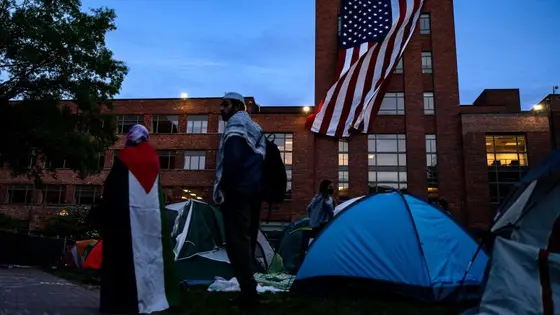
The Justice Department says George Washington University violated federal civil rights law by failing to address hostility toward Jewish and Israeli students during pro-Palestinian protests, and seeks a voluntary remediation.
George Washington University becomes the latest target of the Trump administration
The U.S. Department of Justice said George Washington University violated federal civil rights law by tolerating a hostile educational environment for Jewish, American-Israeli, and Israeli students and faculty during pro-Palestinian protests in April and May 2024. The DOJ letter to GWU President Ellen Granberg cites an encampment at University Yard and describes the actions as designed to frighten, intimidate, and deny access to the campus environment. The department offered a voluntary resolution as a possible path forward, with GWU having until August 22 to express interest in dialogue.
This case reflects a broader pattern of federal scrutiny of university campus climates amid debates over pro-Palestinian protests and funding. Critics argue that the administration sometimes equates criticism of Israel with antisemitism, while supporters say it is a fight against intimidation that curbs free expression on campus. GWU did not provide an immediate comment.
Key Takeaways
"The Department finds that despite actual notice of the abuses occurring on its campus, GWU was deliberately indifferent to the complaints, the misconduct that occurred, and the harms that were suffered."
Direct quote from the DOJ letter cited in the article
"antisemitic, disruptive protests"
DOJ description of student activity during the protests
"frighten, intimidate, and deny"
DOJ characterization of the impact on students
The move tests how civil rights law intersects with campus activism and how far federal leverage will go in shaping campus life. The DOJ’s wording implies a high bar for schools to prevent harassment, while offering a voluntary remedy that could steer the outcome away from a formal settlement. That combination suggests a preference for dialogue over punitive action, but it also signals a potential shift in how campuses police discourse.
Beyond the legal details, the case feeds into a larger political debate about funding, speech, and safety on campus. If federal dollars are used as a lever, universities may recalibrate their policies and student outreach to avoid criticism from Washington. The risk is a more polarized campus environment where support or opposition to Israel becomes a proxy for broader political alignment and funding readiness.
Highlights
- Civil rights and campus life collide when funding becomes the lever
- A voluntary remedy keeps the door open for dialogue rather than a courtroom fight
- The line between free speech and discrimination is being tested on every campus
Political and budget implications on campus
The case could influence federal funding decisions and campus governance, triggering political controversy and public reaction as universities navigate safe spaces and speech rights.
The outcome may redefine how universities balance civil rights, free speech, and federal funding.
Enjoyed this? Let your friends know!
Related News
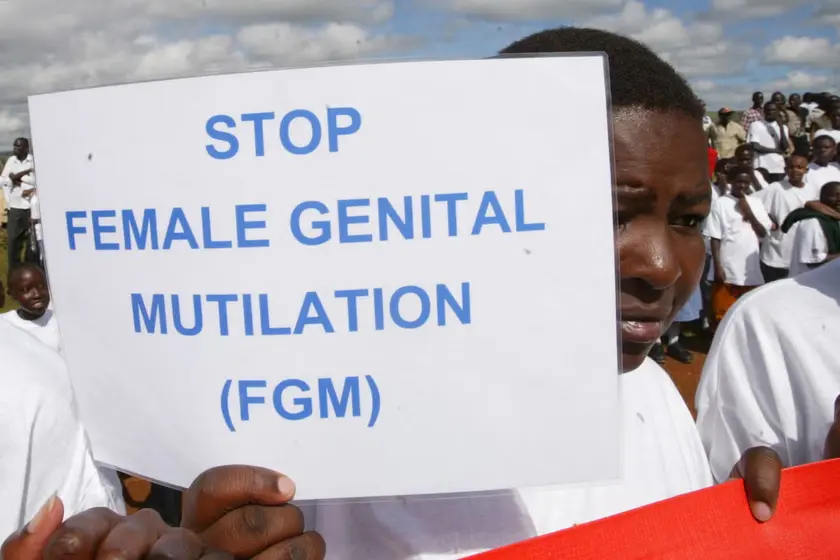
Gambia FGM case moves to court
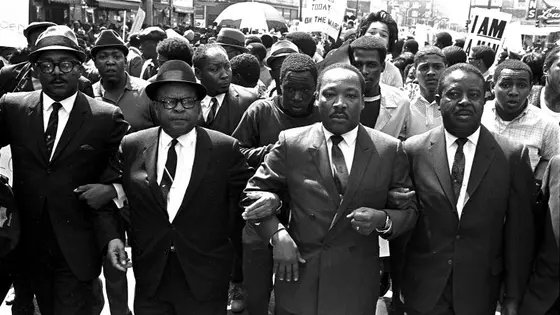
Trump administration releases MLK FBI records
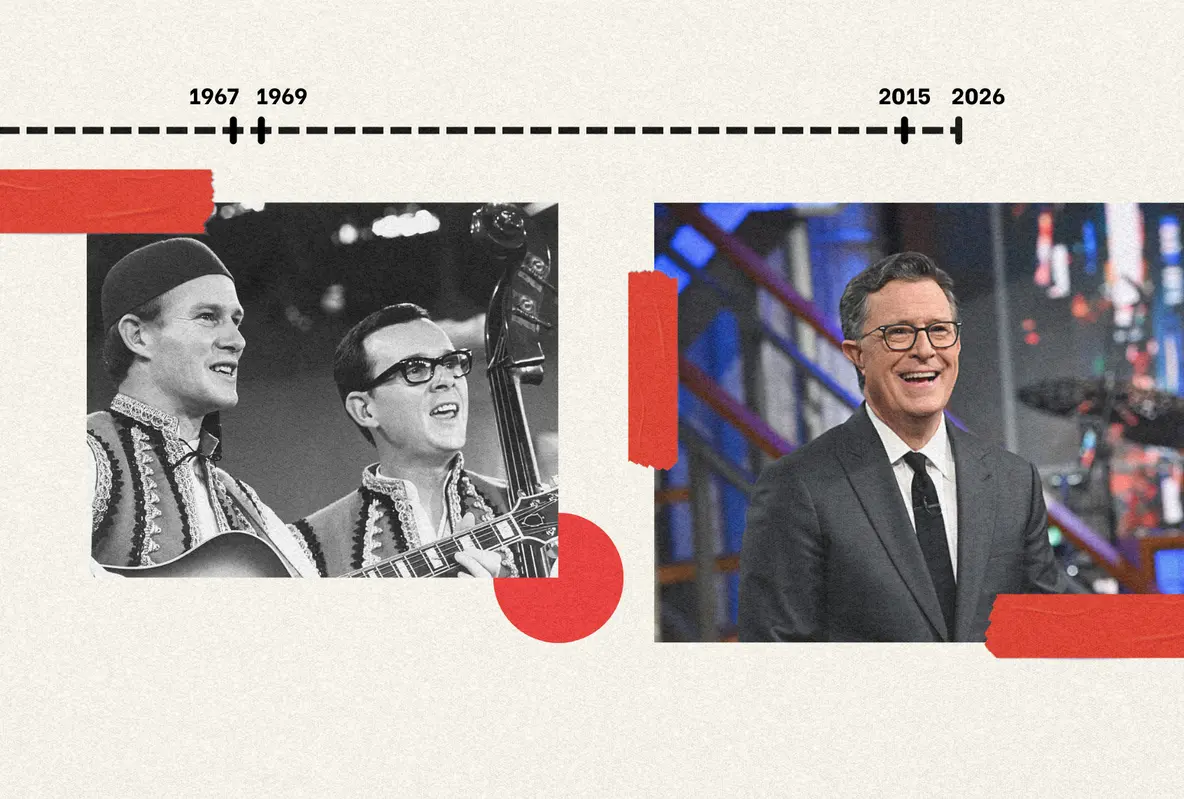
CBS cancels Stephen Colbert's Late Show amid pressure
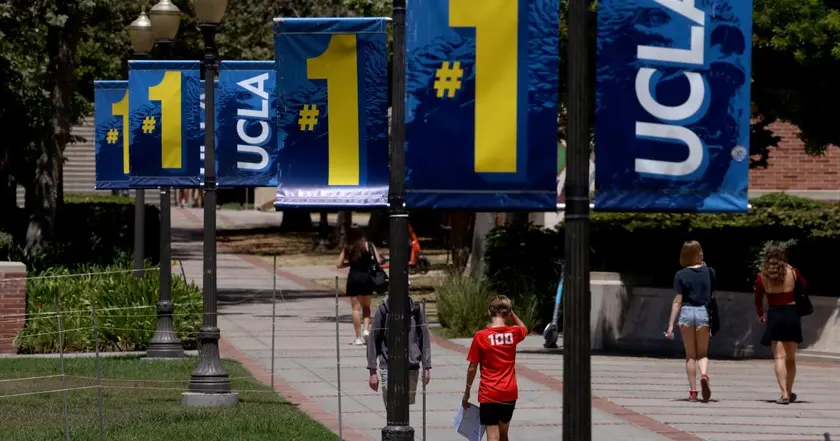
UCLA faces $584 million loss as federal grants are suspended
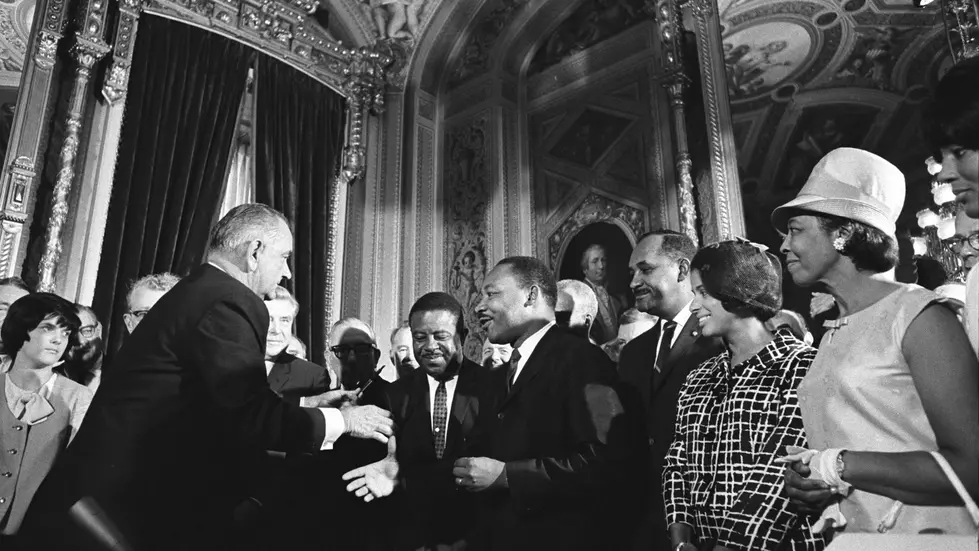
Voting Rights Act faces pivotal legal challenges
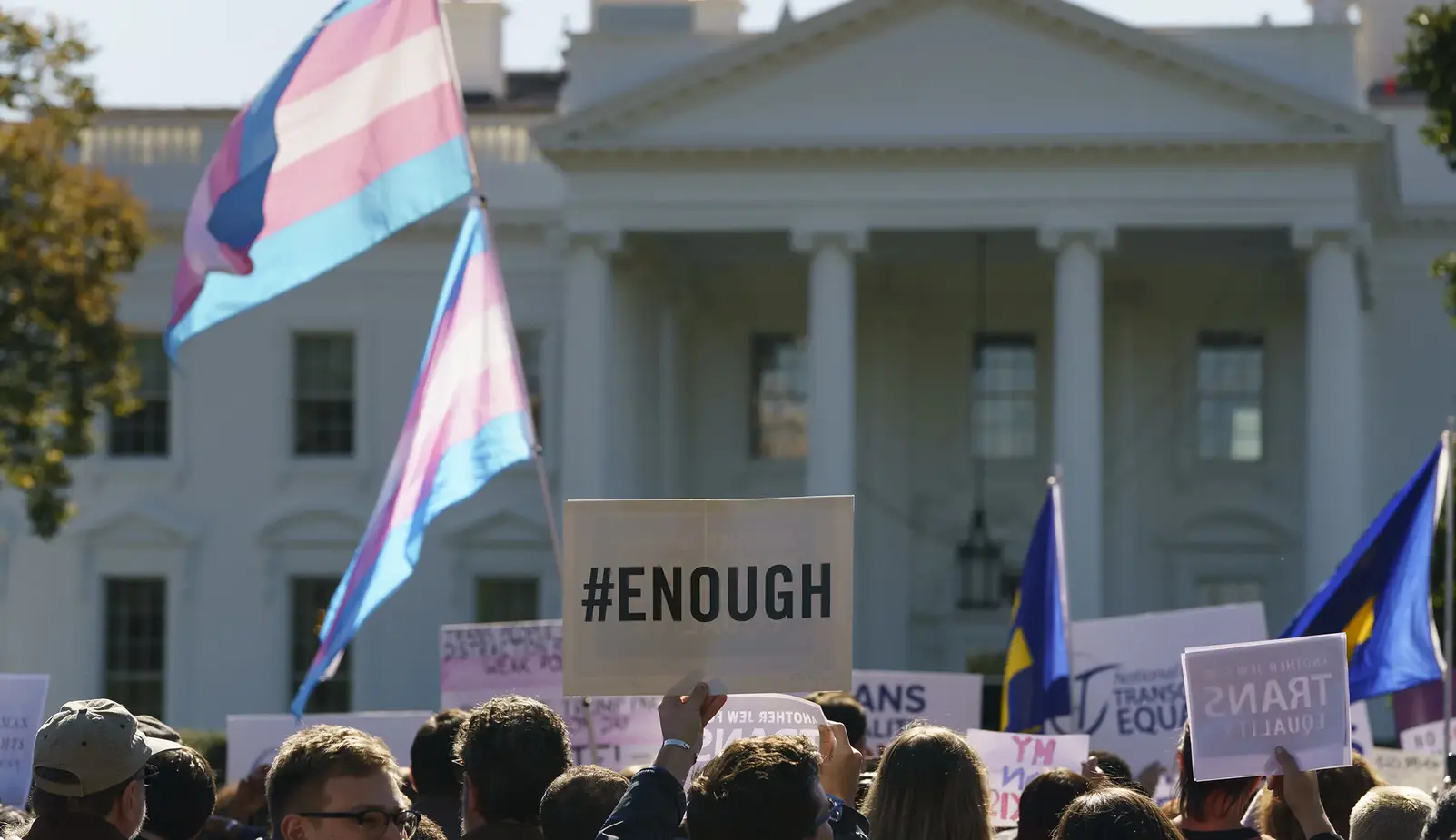
Biden's Title IX changes face legal challenges

Health evacuations in Gaza expand

England ready for Euro 2025 final against Spain
